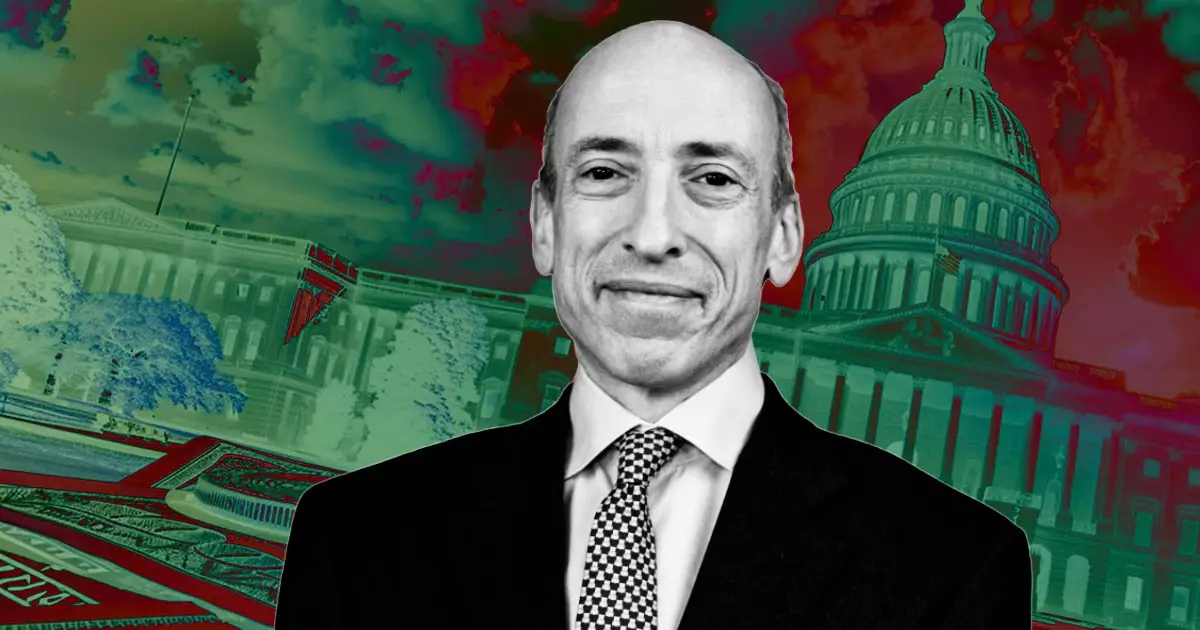The Chairman of the US Securities and Exchange Commission (SEC), Gary Gensler, recently raised concerns over the Financial Innovation and Technology for the 21st Century (FIT21) Act. While the bill aims to provide regulatory clarity to the crypto industry, Gensler argues that it could weaken current consumer protections in the market. He emphasized that the proposed legislation would create significant regulatory gaps, potentially putting investors and capital markets at risk. Gensler’s main issue with the bill is its potential to allow crypto investment contract issuers to self-certify their products as decentralized, thus bypassing SEC oversight.
In his statement, Gensler warned that the FIT21 Act would undermine decades of regulatory precedent in overseeing investment contracts. He expressed concerns that the bill would enable firms to evade enforcement actions more easily, posing a significant threat to the American capital market and its investors. Gensler also criticized the exclusion of crypto asset trading platforms from being classified as exchanges, highlighting the risks associated with such a move. Additionally, he raised objections to the bill abandoning the Howey Test, a key method for determining if an investment qualifies as a security.
Despite Gensler’s opposition, the FIT21 Act has garnered significant support from the US Congress and the crypto community. Congressman French Hill, the Chairman of the Subcommittee on Digital Assets, Financial Technology, and Inclusion, praised the bill for giving the SEC authority over digital assets not certified under the legislation. Several prominent crypto companies, including Coinbase, Circle, Kraken, and Gemini, along with advocacy group Stand With Crypto and the Crypto Council for Innovation (CCI), have urged lawmakers to endorse the bill. The CCI highlighted the importance of regulatory clarity for digital assets companies, emphasizing the benefits of the proposed legislation in ensuring consumer safety in the crypto market.
While the White House has expressed opposition to the FIT21 Act, it has clarified that it would not attempt to veto the bill if it passes. The administration stated that it is willing to work with the US Congress to establish a comprehensive and balanced regulatory framework for digital assets. The impending vote on the bill is expected to be one of the most significant crypto-related legislative decisions made by Congress, with far-reaching implications for the industry.
The FIT21 Act has sparked a heated debate within the crypto community and regulatory bodies like the SEC. While proponents argue that the bill offers much-needed regulatory clarity and protection for consumers, critics, including Gensler, warn of the potential risks and loopholes it could create. The outcome of the upcoming vote on the bill will undoubtedly shape the future of the crypto industry and its relationship with regulatory authorities in the United States.


















